Rofaida Elzubair
rofaida.elzubair@redcross.org
Washington DC, United States
Rofaida is supporting the information and knowledge management needs of the Global Disaster Preparedness Center (GDPC)
She has six years of experience in the nonprofit sector and has earned a Master’s Degree in Information Technology Management from the University Technology Malaysia. She has worked in nonprofit organizations, government entities, and private sectors as well. She also has experience in health informatics, knowledge management, business analysis, and data management.
Rofaida is a good volunteer that enjoys participating in community events and human aids, and she has been engaged in different activities and community service programs throughout her career. In 2012, Rofaida became a founding member of the Sudanese Knowledge Society SKS, which focuses on enabling people of Sudan to utilize the concepts, methods, and values of the knowledge society. She is particularly interested in ICT for development and knowledge management.Rofaida is always eager to learn new things that relate to her field, and she also loves traveling, reading, and event planning activities.
Research
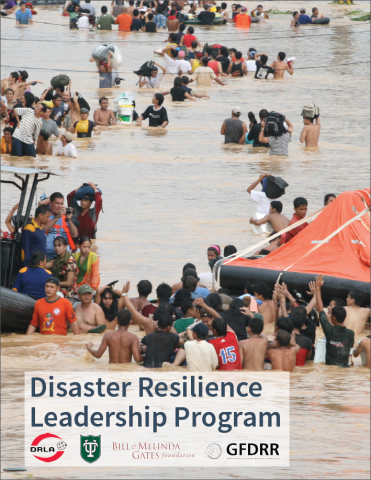
Leadership makes a tremendous difference in disaster preparation, response, and recovery. In times of extreme adversity, strong and effective leadership can prevent a disaster altogether or mitigate its impact, whereas weak and ineffective leadership...
Report
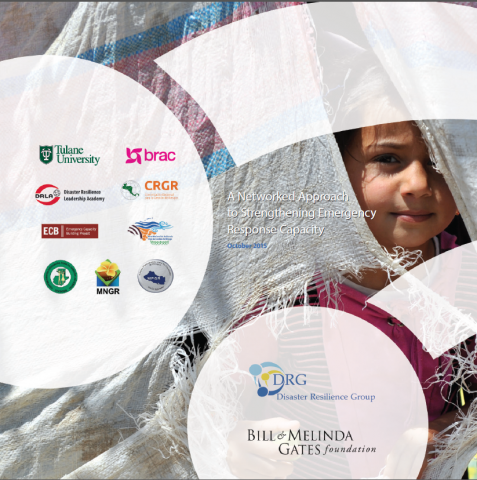
Over the past decade, the global humanitarian agenda has moved from saving lives and providing basic services in emergencies toward building resilience to crises. However, the recent Ebola outbreaks in West Africa and ongoing crises in countries such...
Report
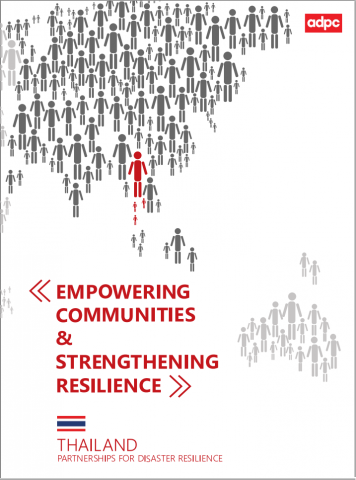
This publication serves to document the lessons learned by Asian Disaster Preparedness Center ADPC and its development partners during their work in Thailand, with a focus on the implementation experience of projects following the ‘Great Floods...
Video
The ICRD programme targets around 110,000 people in 50 vulnerable communities. Some of the main issues for intervention relate to livelihood development, access to improved drinking water and sanitation facilities, better access to primary health car...
Video
Assisting people and communities in better withstanding and recovering from shocks today is more effective than responding to crises tomorrow. As conflicts are increasingly protracted, the ICRC works to make its beneficiaries more resilient, while no...
Report

This report presents good practices in the promotion of economic empowerment of women in the post-disaster situations through entrepreneurship development in Japan and the Asia Pacific region. It discusses what contributed to the successful achieveme...
Report
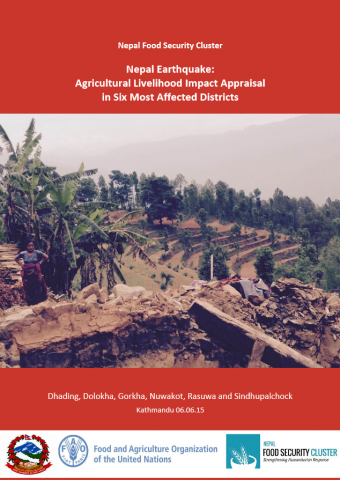
This report presents a coherent picture of the impact of the Nepal earthquake on agriculture in the six most affected districts: Dhading, Dolakha, Gorkha, Nuwakot, Rasuwa and Sindhupalchock. It identifies priorities for recovery for families dependen...
Assessment or evaluation, Case Study
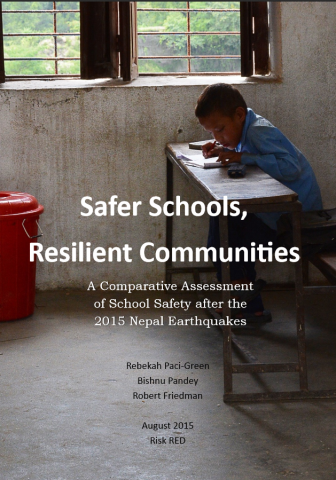
The effects of the earthquake on Nepal’s educational infrastructure offer a rare opportunity to study whether previous interventions to improve building practices, combined with community engagement, have resulted in safer schools and communities. ...
Case Study, Report
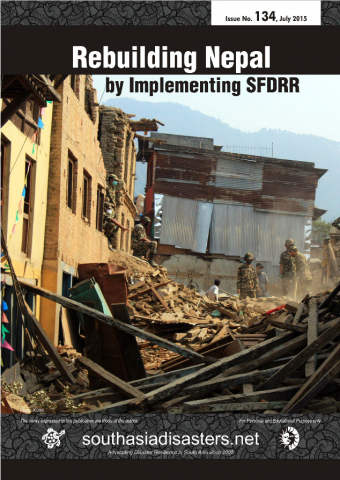
Disaster recovery in Nepal presents a wide range of challenges. Donor assistance in Nepal can be more effective if made in accordance with the new international framework for Disaster Risk Reduction, the Sendai Framework for Disaster Risk Reduction 2...
